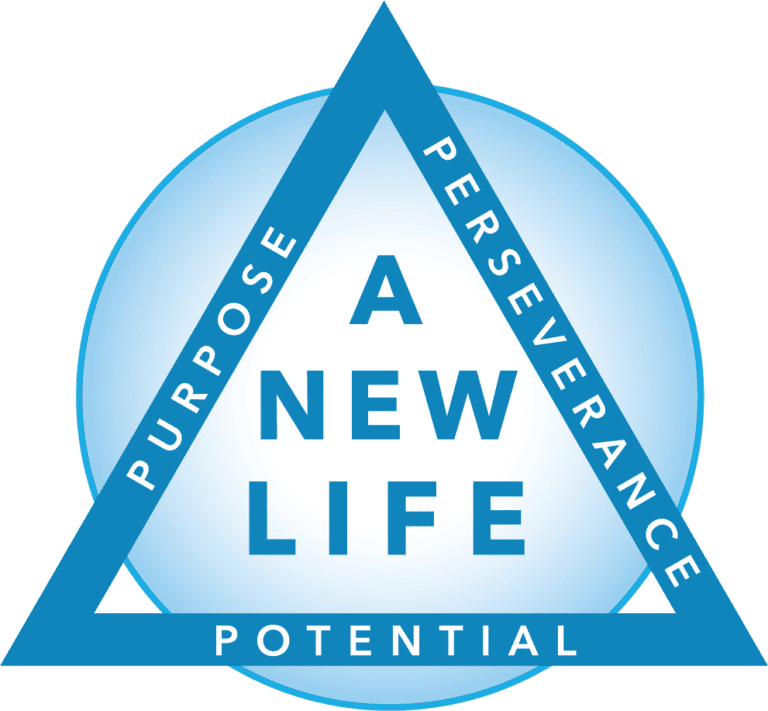Embarking on a healthy lifestyle in sobriety is a significant stride towards improved well-being. This guide not only highlights the benefits of exercise in sobriety but also provides practical, easy-to-follow steps to kickstart your fitness journey.
1. Understanding the Benefits of Exercise in Sobriety
Improved Mood: Exercising causes endorphins to be released, which makes people feel happy. It helps deal with the effects of depression and anxiety that may arise during early sobriety.
Stress Reduction: Regular activities help relieve stress naturally. They decrease cortisol levels, promoting relaxation. As a result, they are an effective stress management tool while fighting against withdrawal symptoms.
Enhanced Self-Esteem: Achieving goals set for physical fitness and feeling an improvement in strength or endurance raises a person’s confidence, increasing self-esteem more so as far as being sober is concerned.
2. Overcoming Barriers to Exercise in Sobriety
Feeling a lack of motivation during the early days of recovery is common. But don’t let it hold you back! By setting realistic goals and finding enjoyable activities, its easy to overcome this hurdle and start reaping the benefits of exercise.
Fear of Judgment: Some people may want to avoid exercising in public places due to fear of judgment. This fear can be relieved when private places are chosen, like home workouts or outdoor activities, where no one will judge them since they will feel confident that they are always comfortable.
3. Selecting the Routine that Works for You
Experiment with Different Activities: Try different physical activities such as walking, cycling, swimming, jogging, yoga, or strength training to see what resonates with you. This way, workouts are enjoyable and do not bore anyone.
Set Achievable Goals: Set fitness goals that are within your reach and match your capacities and preferences. Begin by setting smaller achievable targets and gradually increasing the intensity and length of exercise.
Plan Regular Exercise Sessions: Make a habit of allocating specific times in your schedule for exercising just like any other appointment would be set aside. Consistency is essential when it comes to making something an everyday routine.
4. Enforcing Exercise Into Your Daily Life
Make Friends With It: Participating in group fitness classes can be one way of doing this while joining sports leagues or even exercise meet-ups can also serve this purpose since they provide social support and ensure accountability, which makes exercises more enjoyable and hence increases their sustainability.
Engage Family And Friends: Encourage bonding among family members during workout sessions by organizing outings such as family walks, bike rides, or outdoor adventures. Sharing physical activities strengthens relationships and creates unforgettable memories.
Prioritize Recovery-Oriented Exercises: When selecting workouts, consider the ones that comport with your recovery principles and aspirations. Mindful movements, like yoga or tai chi, enable individuals to relax their mindsets and become self-aware. Meditation helps connect people with nature, hence bringing serenity to them.
5. Overcoming Challenges and Staying Consistent
Don’t be rigid; life has many uncertainties, and thus, you may arise. Refrain from sticking to an exercise program quickly. Adaptability should, therefore, be developed so that one adjusts his/her workouts according to changes in timetable or energy levels without blaming them much.
Acknowledge Milestones: Regardless of their size, always admit your accomplishments. It would help to celebrate how exercise has made your body feel and how it has changed your thoughts.
Reaching Out For Support: Seek support from friends, family, or others in recovery to stay motivated during tough times. One’s fitness journey does not have to occur on its own.
6. The Mind-Body Connection: An Approach to Recovery that Works

Recognize the physical and mental interdependence of sobriety. Exercise is not just about better physical health but also improves emotional resilience as well as mental clarity, necessary aspects of a contented, balanced life without alcohol dependence.
Incorporating mindfulness exercises into a routine, such as deep breathing, meditation, or progressive muscle relaxation, develops self-awareness and stress-coping skills.
7. Monitoring Growth And Acknowledging Successes
Write down your fitness journal using mobile applications and monitor all workouts, records, and achievements. This monitoring will help boost one’s motivation while increasing the positive effects influenced by improvement through exercise.
Remember to celebrate every milestone and accomplishment along the way, whether it’s finishing a challenging workout, achieving weight loss targets, or learning new techniques in exercising. Consider non-food rewards for yourself or treat yourself to something nice to commemorate these achievements. This practice will not only boost your motivation but also increase the positive effects of your exercise journey.
8. Building Fitness Into Sober Living
Look for sober living communities or recovery houses emphasizing holistic wellness with amenities like fitness centers, open fields, group fitness sessions, etc. When recovering from an addiction-free life, you need to find such people around you to get more assistance and encouragement from those who have similar views towards health.
Conclusion: Empowering Your Sobriety Through Fitness
The final view is that exercise and fitness are not just vital to maintaining sobriety, but they also empower you in your recovery journey. By integrating regular physical activities into your daily life and being mindful of movement, you can harness the potential of exercises to strengthen your path through recovery from addiction. Remember, every single step you take towards prioritizing your health and fit lifestyle is a testament to your strength and resilience in trying to recover from addiction.
Call A New Life Sober Living Now
Are you ready to live a better sober life with more activity throughout the day? Join A New Life Sober Living today and discover how workouts have transformed our lives after the drug rehabilitation process. Our supportive community, along with inclusive wellness programs, is designed to give individuals the support and understanding they need to thrive in sobriety. Reach out to us now for more information and take a step towards a brighter, healthier future.






